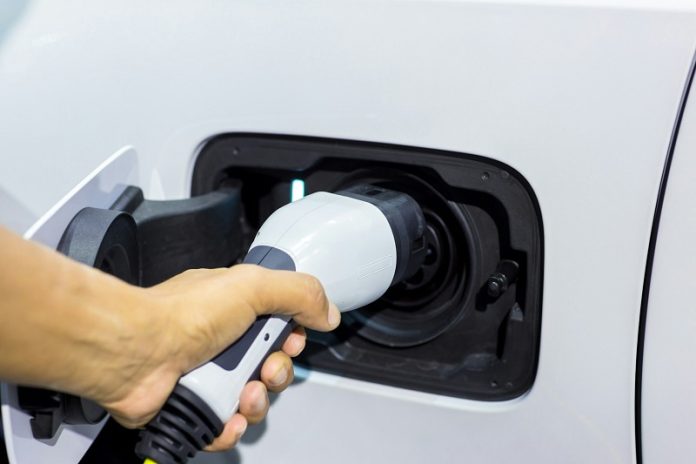
Researchers at McGill University have made an important breakthrough that could lead to better and safer batteries for electric vehicles (EVs).
These improved batteries, known as all-solid-state lithium batteries, are seen as the future of EV technology, offering the potential for longer-lasting and safer vehicles.
One of the main problems with current battery designs has been the resistance that forms where the solid ceramic electrolyte meets the battery’s electrodes.
This resistance makes the battery less efficient, limiting the amount of energy it can deliver. However, the McGill research team has found a solution to this issue.
Instead of using a solid, dense ceramic material, they designed a porous ceramic membrane and filled it with a small amount of polymer.
According to Professor George Demopoulos, who led the study, this design allows lithium ions to move more freely, reducing the resistance and improving the battery’s overall performance.
“This new design not only makes the battery more efficient but also creates a stable surface for high-voltage operation,” said Demopoulos. High-voltage operation is one of the main goals for EV battery development because it allows the battery to deliver more power and last longer.
Traditional lithium-ion batteries use liquid electrolytes, which are flammable and can pose safety risks. By replacing the liquid parts with solid materials, all-solid-state batteries offer a safer and more efficient alternative.
The new design from McGill represents a major step forward in overcoming one of the biggest challenges in making these solid-state batteries practical for use in electric vehicles.
Senhao Wang, the first author of the study and a Ph.D. graduate from McGill’s Department of Materials Engineering, added, “This discovery brings us closer to building the next generation of safer and more efficient batteries for electric vehicles.”
With these advancements, the future of electric vehicles looks brighter, as safer, more powerful batteries could soon become a reality.



